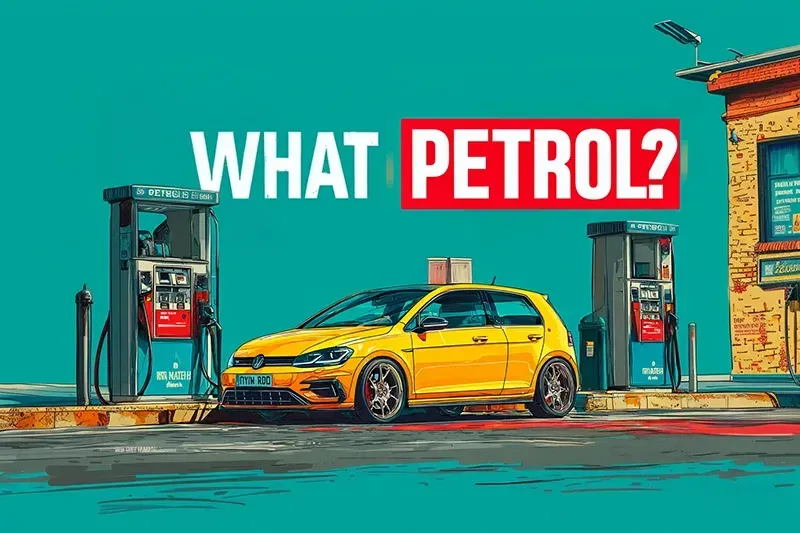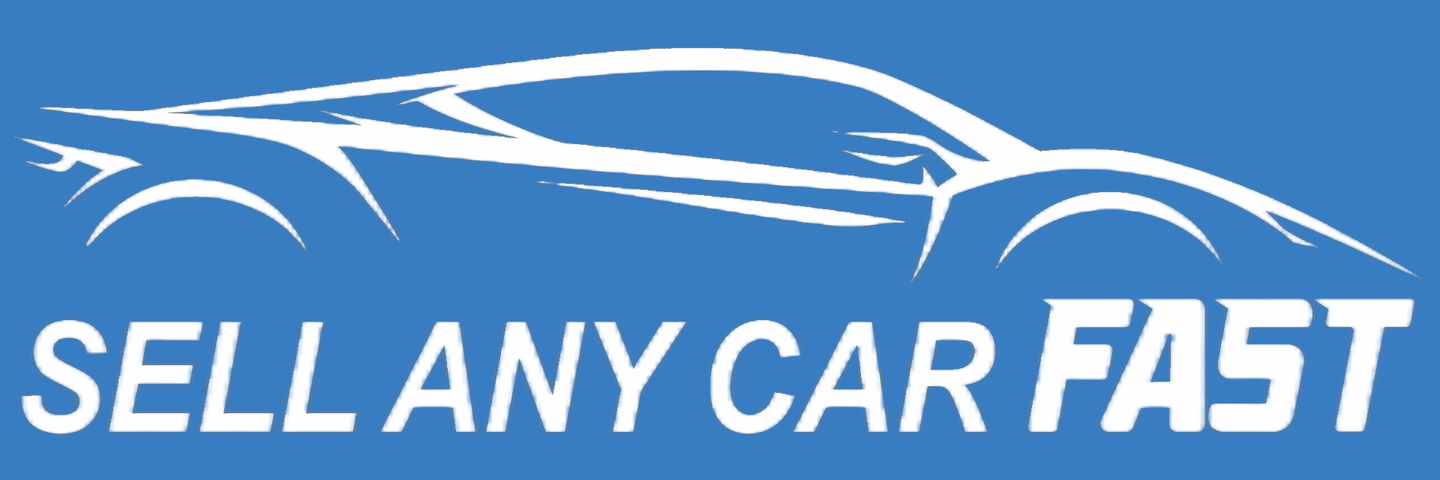Which Petrol Should You Use in Your Car?
Not all petrol is created equal, and using the wrong one can cost you in performance, fuel economy, or even engine wear.
February 3, 2025

Whether you're choosing between E10, Unleaded 91, 95 or 98, this guide breaks it down so you can fuel up with confidence.
Understanding the Fuel Options in Australia
In most petrol stations across Australia, you’ll find E10, Unleaded 91, Premium 95, and Premium 98. But which one actually belongs in your tank? Let’s break them down by octane rating, price, and performance.
Fuel Comparison Table
| Fuel Type | Octane | Price | Best For | Notes |
|---|---|---|---|---|
| E10 | 94 | Lowest | Cheaper, older cars | May reduce efficiency slightly |
| Unleaded 91 | 91 | Low | Most cars on Aussie roads | Basic option, widely compatible |
| Unleaded 95 | 95 | Moderate | Euro cars, mild performance | Often required for imports |
| Unleaded 98 | 98 | High | Performance engines | More power, cleaner burn |
E10 vs 91 | Which One is Better?
Many drivers ask, “Is E10 better than 91?”
The truth: E10 is cheaper, but not better.
Choosing between E10 and unleaded 91 fuel isn’t just about price—it’s about what’s best for your engine. E10 contains 10% ethanol and can be a cheaper option at the bowser, but not every vehicle is designed to run on it.
91, also known as regular unleaded, is ethanol-free and often delivers better mileage, especially in older or premium engines. If your car can handle E10, it might save you a few bucks—just keep an eye on fuel economy.
Unleaded 91 vs 95: What’s the Real Difference?
When choosing between Unleaded 91 and 95, it all comes down to octane rating. Unleaded 95 offers a higher octane level, which can improve engine performance and efficiency in cars designed to take premium fuel.
However, if your vehicle is built for Unleaded 91, using 95 won’t give you any major benefits—and it’ll cost more at the pump. Always go with the fuel recommended in your owner’s manual to get the best balance of performance, economy, and engine longevity.
95 vs 98
When it comes to 95 vs 98 octane fuel, most drivers assume higher is always better — but it’s not that simple. Both are considered premium fuels, but 98 has a higher resistance to knocking, making it ideal for high-performance engines that demand more precision.
If your car specifically recommends or requires 98, give it what it craves. But if it only calls for 95, filling up with 98 won’t give you more power or better economy — just a lighter wallet. Think of it like feeding champagne to someone who’s happy with a beer. Use what’s recommended, and save the extra dollars for something sexier.
What Fuel Should My Car Take?
Don’t guess. Using the wrong fuel can affect performance, increase wear, or even void your warranty, especially in imports and performance cars.
The safest bet is to check your fuel flap or owner's manual. If it says “Premium Unleaded Only,” stick to 95 or 98. Still unsure? Look it up online or ask a mechanic before filling up.
How to Save Money on Petrol
If you’re tired of watching fuel prices fluctuate every other day, you're not alone. But with a few simple strategies, you can consistently save money on petrol:
- Compare fuel prices before filling up – Use our live fuel price tool to find the cheapest petrol near you. Prices can vary by 20–30 cents per litre just a suburb or two away.
- Fill up mid-week – Fuel prices tend to spike before weekends. Aim to fill up on Tuesdays or Wednesdays for the best deals.
- Avoid premium fuels unless your car needs it – If your vehicle runs fine on 91 or E10, there’s no benefit in paying more for 95 or 98.
- Drive smarter – Smooth acceleration, correct tyre pressure, and avoiding idling can reduce fuel consumption significantly.
- Don’t wait until you’re desperate – Running on fumes limits your options. Plan ahead so you can choose the cheapest station, not the closest.
- Use our free tool - Fuel Daddy helps you find the cheapest fuel Queensland-wide, including unleaded, E10, and diesel.
Does Fuel Type Affect Your Car’s Resale Value?
Absolutely. A car that’s run on 95 or 98 often shows:
- Better engine condition
- Smoother performance
- Less carbon buildup
That can mean a higher offer when you go to sell.
What is E85 Fuel?
E85 is high-ethanol petrol used in race cars and flex-fuel vehicles. It has a very high octane rating (100+ RON) but burns faster than regular fuel.
- High-performance fuel (more power if your engine is tuned for it)
- Cheaper per litre than 98 RON
- Burns cooler, reducing engine temps
🚀
Who should use it?
Unless you own a race car or a flex-fuel vehicle, E85 is useless to you.
Does Premium Fuel Clean Your Engine?
Some people think running 98 RON “cleans” your engine—this is half true.
Premium fuels (95 & 98) contain more detergents, which help prevent carbon build-up. But if your car only needs 91, filling up with 98 occasionally won’t make a huge difference.
If you want to clean your fuel system, you’re better off using a dedicated fuel system cleaner rather than paying extra for premium fuel.
Does 98 Clean Your Engine?
Compared to E10 or 91, Premium 98 often has extra additives designed to clean fuel injectors and reduce carbon buildup. It’s not magic, but over time it can help.
Fuelled Questions & Answers
Is Unleaded 91 the Same as E10?
Not exactly. While both contain 91 octane fuel, E10 includes up to 10% ethanol, whereas standard Unleaded 91 contains no ethanol. They’re similar in performance, but the ethanol in E10 can affect older engines or fuel systems not designed for ethanol blends.
Can I Use Unleaded 91 Instead of E10?
Yes, in most cases you can. If your car runs on E10, it will also run on Unleaded 91. However, always check your owner’s manual—some newer cars are optimised for E10 and may experience slightly reduced efficiency without it.
Can I Use E10 in a Car That Takes Unleaded 91?
Often, yes—but not always. Most cars built after 2005 can safely run on E10, but older vehicles may suffer from rubber or plastic part degradation due to ethanol. If you're unsure, use Unleaded 91 or consult your mechanic.
Wrapping Up
Most cars in Australia run perfectly fine on 91, so if yours does, don’t overthink it. 95 and 98 aren’t magic fuels that make your car faster or more fuel-efficient unless your engine actually requires them.
Next time you’re at the servo, you’ll know exactly what to pick, skip, and ignore. Without falling for the marketing hype.
Learn more about looking after your car.

